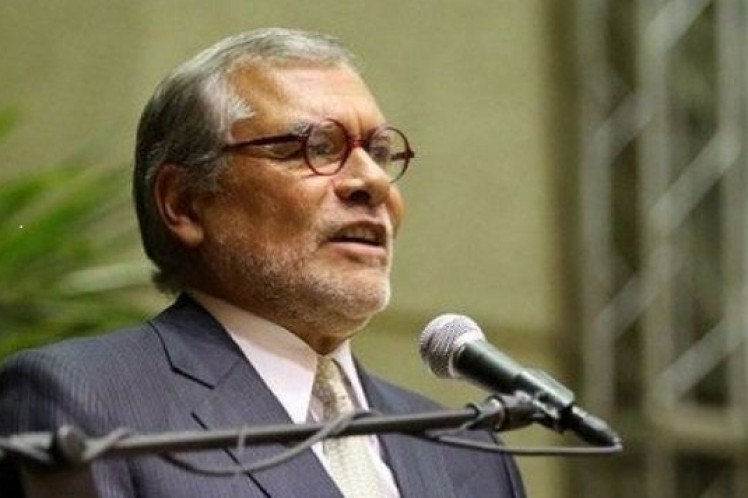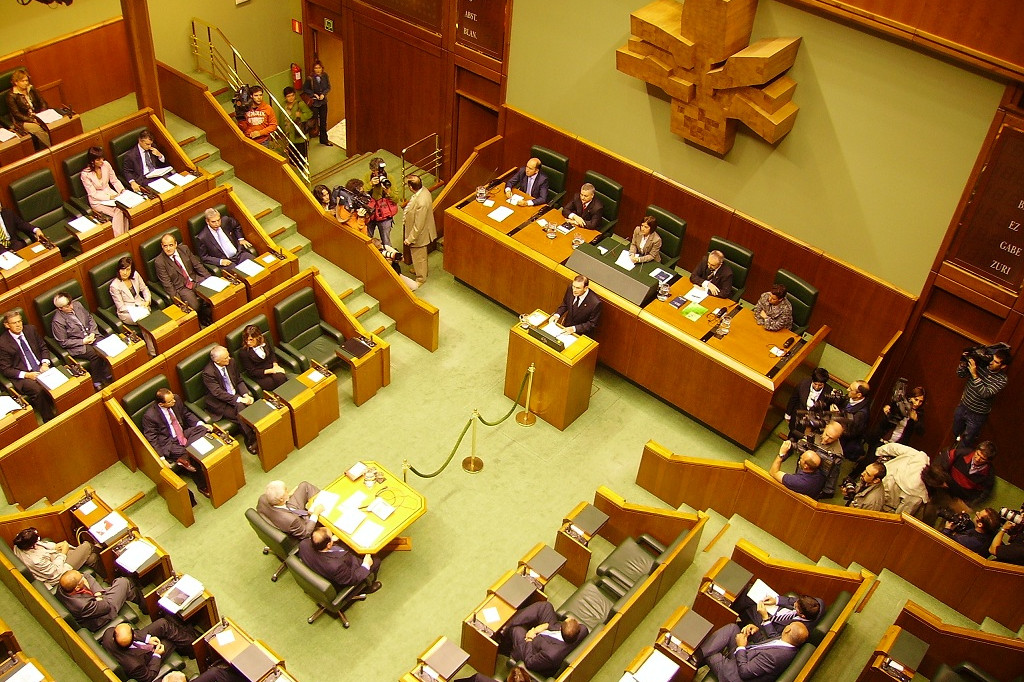On the subject of Minxin Pei's book "China's Crony Capitalism: the Dynamics of Regime Decay, Cambridge, Harvard UP", Émilie Frenkiel points out that the text throws a sombre light of collusion among Chinese elites.
Minxin Pei's work documents the capitalism of connivance, in China one of the multiple forms of "the great interference" between the public and private sphere, object of this report. This Claremont McKenna College professor is one of the most influential and also most critical commentators on Chinese politics (...) This book supports the thesis of the exhaustion of the communist regime, despite the economic growth durability (6.95 in 2017) and the multiplication by 2.6 of the GDP per inhabitant. For this, it relies on the official statements of Xi Jiping and media coverage of the vast anti-corruption campaign launched when he came to power in 2012 that has caused one million Chinese civil servants to be fired during five years. The author has not made any type of survey on the ground of the legal and illegal collusion between the Chinese political and economic elites that arose in the 90s. Given the impossibility of accessing the archives of the Party's central commission of disciplinary inspection, their study is based on a sample of 260 cases, widely commented and documented in the official Chinese press.
THE CAUSES OF COLLUSION
Minxin Pei dedicates the first two chapters of the book to present the reasons why cases of collusion of Chinese elites multiplied from the 90s on. Previously, corruption related to leading cadres was practically non-existent or invisible, to the extent which, according to Pei, there were no conditions for this practice to develop. In the 1990s, reforms on the decentralization of management of the careers of leaders and the control of public goods, without a complete clarification of property rights, offered a great freedom to local cadres to appropriate or benefit from state assets, at prices below market prices and even free of charge. This was particularly striking in the case of land and natural resources.
The rights of ownership and use of land were separated with the objective of creating a market for land use, without the State losing its property.
Pei analyzes the current practice of local governments to attract investors by reducing the price of land. A loss that has been even greater since the fiscal reform of 1994, given that the sale of land has become a source of great income for these governments. However, Mr. Pei denounces the shortcomings of this practice in a context of discretionary political power, as it leads to a loss of revenue for local governments, which sell their property income in favour of investors and developers who offer them solutions. Certain natural resources, such as mines and some public companies use a similar mechanism of appropriation by their leaders, who end up transferring them to people in their circles.
In addition to businessmen, the primary beneficiaries of the system are the party leaders at the prefectures' scale and the most powerful districts (yibashou) selected for their loyalty to the party. Available data on this indicate that they can amass (depending on the values of public goods and contracts that can be established with investors) a plunder higher than that of their hierarchical superiors (...) The central government, aware of these practices, has tried in vain to control them. The lack of power and means of the Inspection Commissions of the discipline at local level have not made it possible to do (...)
THE IMPACT OF COLLUSION ON GOVERNMENT EFFECTIVENESS
The illegal public employment market (maiguan maiguan) has been the centrepiece of Pei's thesis. Corruption, rather than merit, determines the election of civil servants and allows Party leaders, by accepting bribes, to establish a strategic network of complicities (vertical collusion) that can be easily mobilized to help businessmen to pay back favours.
Pei emphasizes the destructive and predatory impact of this collusion, affecting the capacity of local governments, which tend to become "local Mafia States" instead of fulfilling their public service function (...) Pei describes the decrepitude of the system, "in which a culture of corruption reigns ", evoking the consequences of a future democratization of the regime, which could place these new corrupt oligarchs in power.
The last Chapter aims to demonstrate the corrosion of the institutions (judicial, regulatory, police) of the Leninist-party state through collusive practices.
In a calculated way, he recalls that there is "a total absence of corruption" in areas open to competition, such as import-export, retail trade or light industry. This could partly explain the levels of confidence that, in spite of everything, Chinese institutions and companies enjoy in general, judging by a recent study.
Pei is outraged by the "oligarchic connivance" (oligarchic cronyism) that deprives the ordinary citizens of public goods hoarded by political elites and, above all, Chinese economic elites. This he attributes to the comeback of a strong and opportunist leader who uses the fight against corruption to defeat their political opponents, which might remind us of the anticorruption engineering in Putin's Russia, although in the case of Xi Ping, he also tries to remain the head of a party of 88 million members.
Less convincingly, Pei also attributes it to low economic growth, the loss of Party legitimacy, the end of Chinese authoritarian resilience and the division of leaders.
The determinism of the author is striking. He says: "Collusion, and exclusive and oligarchic alliances are the inevitable result of economic modernization in an autocratic context" and that his study "proves it inconceivable that the party can reform the political and economic institutions of collusive capitalism, because they constitute the foundations of the monopoly of power". Consequently, he draws conclusions on the progressive democratic transition of China, impossible in a predatory authoritarian regime, based on deep inequalities.
A JOB WITHOUT NUANCES
The book presents a quite pessimistic vision of the Chinese reform, according to which, instead of having modernized the country according to the principle " Chinese-coloured socialism", pronounced by Deng Xiaoping, "the party-state has produced a form of predatory capitalism of convenience", an indisputable fact that has been explicitly affirmed by the Chinese president himself, after reading the 2014reports on the misdeeds of provincial leaders. In any case, base your own opinion on the media coverage of the campaign of the fight against corruption, the reality of its political opportunity (populism, search for legitimacy, location of allies) and its great opacity, which seems particularly risky.
The concurrence on the part of the readers would have improved if the author had diversified his sources and showed with more finesse the mechanisms by which this systematic corruption is deployed, specifically that of state capitalism and of the model of local development based on the sale of lands, or about the concurrence between local governments to attract investors and encourage economic growth, which have been documented in numerous other works. It is unfortunate that Pei gives priority to a position that may seem ideological, even moralizing, without trying to understand or explain in the first place the real impact of this collusion of the elites on the Chinese economy, which in his opinion "is considerably burdened by an chronically ineffective of resources".
It is significant to recognize that the impact of corruption on the economy is not measured rigorously and is even subject to different interpretations.
Likewise, the phenomenon of collusion in what concerns the leaders, can be vertical, horizontal or between them and businessmen, and encourages the theory that this involvement leads to less productivity. Pei opposes without hesitation that efficiency and bribes are related.











